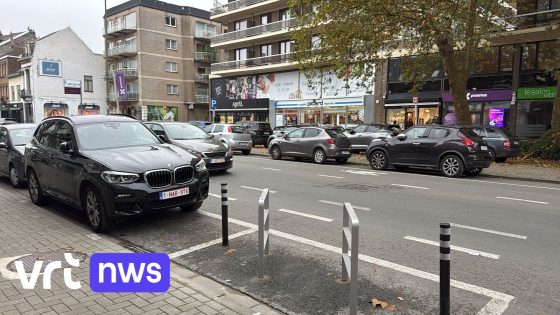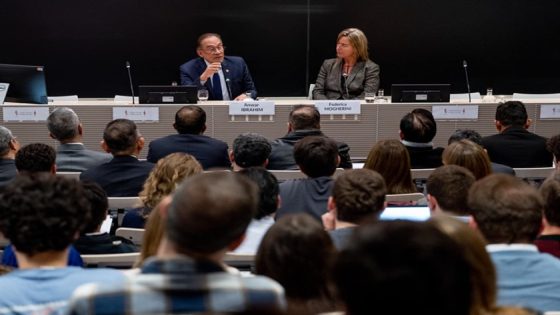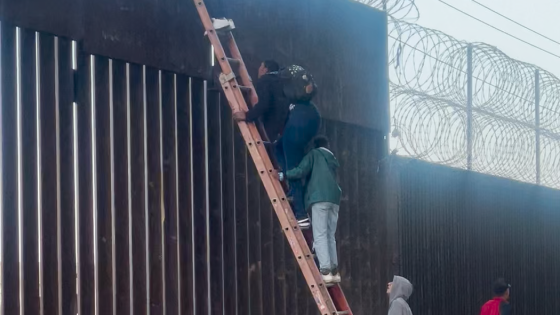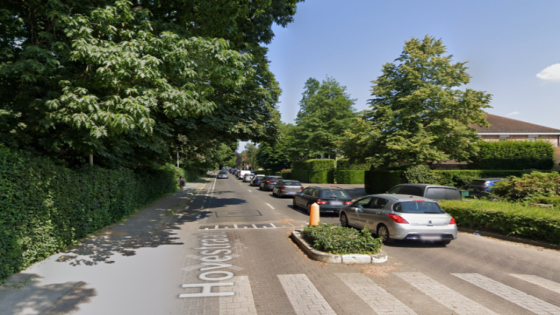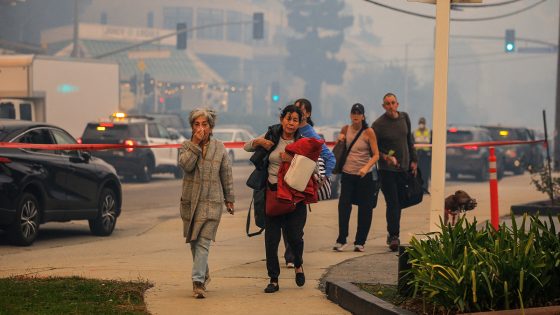On January 21, 2025, the court ordered Ukkel to reinstall bike racks, sparking a debate about parking spaces. Will this decision impact local businesses? Jean-Luc Vanraes from Open VLD expressed concerns over lost parking for cars and its effect on Ukkel’s merchants.
- Brussel Mobiliteit took legal action.
- Court ordered the return of bike racks.
- Ukkel faces daily fines for non-compliance.
- Concerns over parking space loss for businesses.
- Calls for better placement of bike racks.
The Court’s Ruling on Bike Racks: What It Means for Ukkel
Why is the reinstatement of bike racks such a hot topic in Ukkel? The recent court ruling demands that these ‘fietsnietjes’ be put back in place or face hefty fines. This situation raises questions about balancing cycling infrastructure with the needs of local businesses.
Impact on Local Businesses Amidst Parking Space Reductions
The decision to prioritize bike racks over car parking has left many local shop owners frustrated. They argue that reducing available parking spots leads directly to dwindling customer foot traffic. How will this affect their bottom line?
Concerns from Ukkel’s Merchants About Bike Rack Installation
Local business owners have voiced strong objections regarding the placement of bike racks:
- The loss of convenient parking discourages potential customers.
- Bicycle infrastructure should not come at the expense of vehicle accessibility.
- A better location for bike racks could alleviate some concerns.
- The community must balance environmental goals with economic realities.
The Future of Urban Planning: Finding Balance Between Bikes and Cars
This ongoing debate reflects a broader challenge faced by cities around the world: how to accommodate both cyclists and drivers effectively. As urban areas expand, planners must consider all forms of transportation while maintaining vibrant commercial districts. Could innovative solutions bridge this gap?
A Call for Community Dialogue on Transportation Needs
Engaging with residents and business owners is critical in shaping future transport policies. By fostering open discussions, cities can create plans that support sustainable transport without compromising economic vitality. What strategies can communities adopt to ensure everyone’s voice is heard?
This situation serves as a reminder that urban planning requires careful consideration of diverse needs—an essential lesson for cities everywhere.



